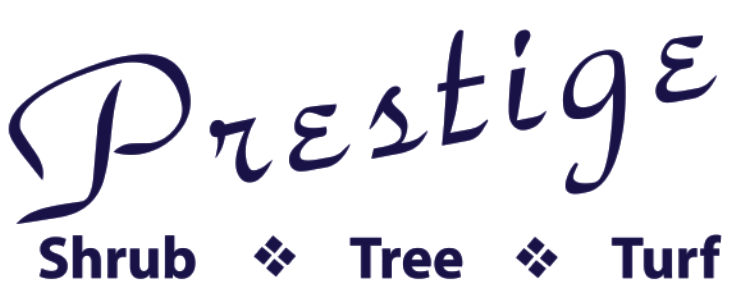Published on September 2, 2010
Armyworms march across Georgia lawns
Each fall, armyworms munch their ways across lawns and pastures in Georgia. University of Georgia experts say the best time to treat for them is in the evening hours when they are active. Image credit: Queensland Government. (view image)
By William G. Hudson
Almost every year in late summer, caterpillars invade turfgrass across Georgia. Damage to established turf is mostly aesthetic, but newly planted sod or sprigged areas can be severely damaged or even killed.
Several caterpillars can damage turfgrass, but in late summer most of the problems are caused by fall armyworms. Their favorite turf to feed upon is bermudagrass.
Eggs hatch in just days
Adult armyworm moths are active at night. Females lay eggs in masses of 50 to several hundred. Eggs hatch in a few days, and the young larvae begin to feed on leaf tissue. As the worms grow, they consume entire leaves of grass.
Armyworms are most active early and late in the day, spending the hotter hours down near the soil in the shade. Larvae feed for 2 to 3 weeks before pupating in the soil.
Moths emerge 10 to 14 days later. The entire life cycle — from egg to adult moth — takes about 28 days in the warm weather of August and September.
Weather conditions fuel the development of armyworms, said University of Georgia Assistant State Climatologist Pam Knox. Some UGA Cooperative Extension agents report this seaso as the worst they have seen in 25 years, she said.
“They devastate pastures and hayfields in locations across the state,” Knox said.
Do the soap test
To see if worms are present, perform this simple test: Pour soapy water on the grass (one-half ounce of dishwashing soap per gallon of water). If the worms are present, they will quickly surface.
Controlling armyworms and other turf caterpillars is relatively simple once the problem is identified. The old standby carbaryl (Sevin) still works well, as do all the pyrethroids (pyrethroids are those active ingredients listed on a label that end in “-thrin”).
If the worms are detected while they are still small, Dipel or other Bacillus thurengiensis-based products provide good control.
Treat at night
Since armyworms are most active late in the day and at night, applications should be made as late in the evening as possible. It is not necessary to water after application, but an application rate of 20 to 25 gallons of solution per acre as a minimum will ensure good coverage. Do not cut the grass for 1 to 3 days after application.
For more information on maintaining turfgrasses in Georgia, visit http://www.georgiaturf.com/.
(Will Hudson is an entomologist with University of Georgia Cooperative Extension.)
« Back to Glossary Index